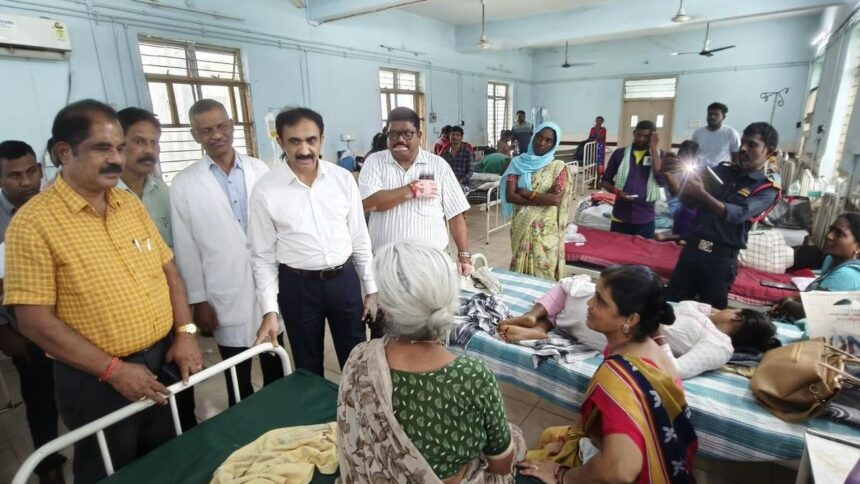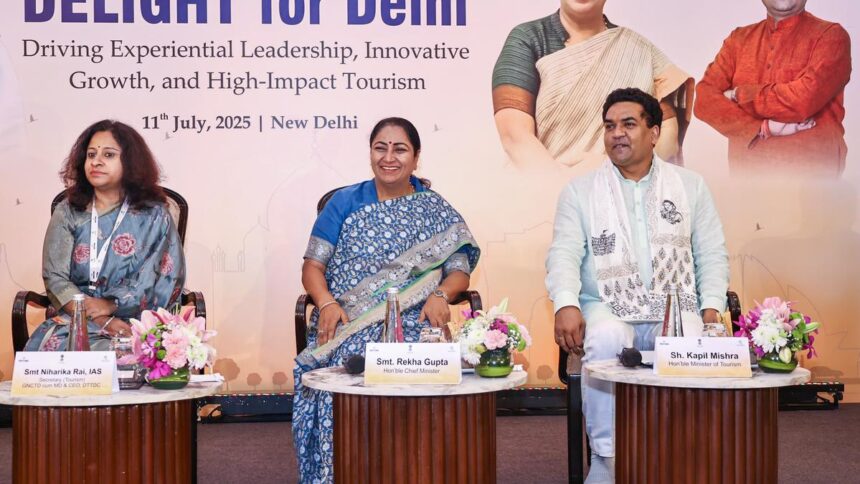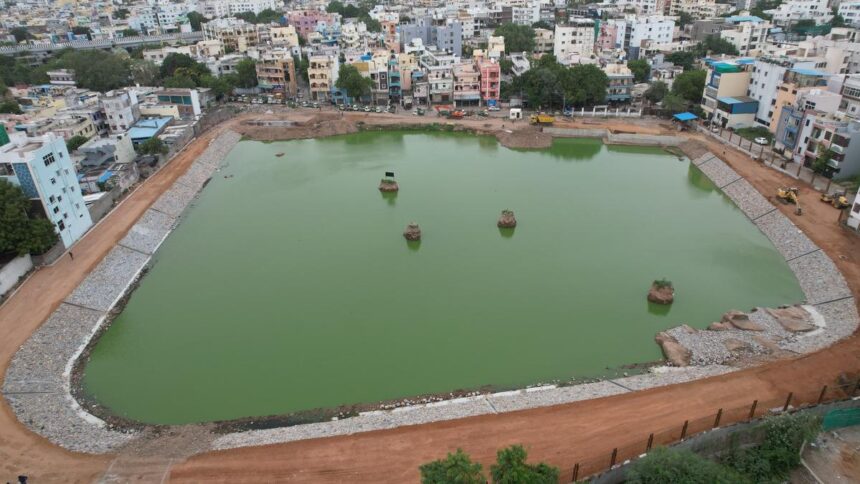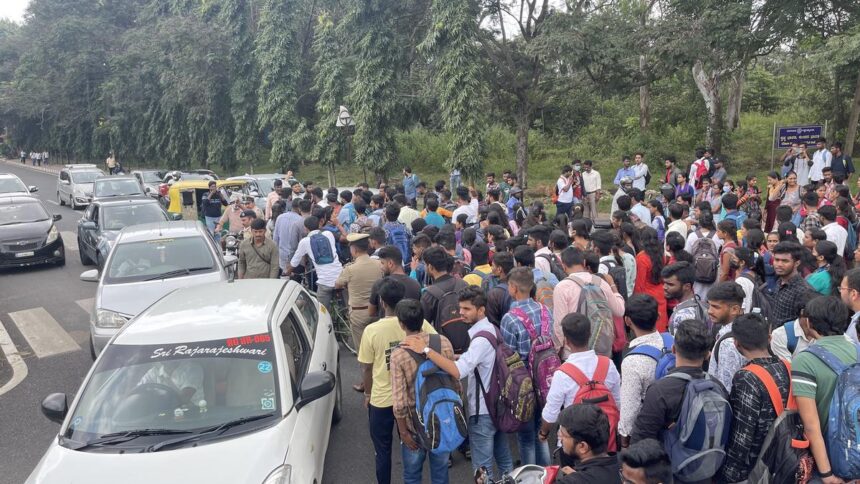Textile exporters from Karur, who are hit by high tariffs imposed by the U.S., have sought the immediate intervention of the Union and State government to save the industry.
According to industry sources, the U.S. remains one of the largest markets for Indian textiles. Home textile exports originate from the Karur cluster, which has earned a reputation for quality and reliability over decades of trade relationships, and constitute a significant share of the country’s exports. The total annual manufacturing value of Karur cluster is pegged at ₹9,000 crore. Of this, exports constitute ₹6,000 crore, predominantly to the U.S. and European Union. The cluster employs about 2 lakh people in production of home textiles such as bed linen, table covers, kitchen cloths, mats, and sofa covers.
With the U.S. imposing 50% higher tariffs on Indian goods, the exporters have started feeling the heat. The industry leaders say that the customers based in the U.S. have started demanding heavy discounts for existing orders. Several exporters have received intimation from the buyers to hold shipments. Orders placed recently have been cancelled.
“The recent developments are posing a big challenge to the textile exporters. Holding of shipments or cancelling orders will lead to restricted cash flow. It will eventually lead to a liquidity crisis. Forced discounts and delays have potential for operational losses, thereby leading to job loss for thousands of workers, many of whom are dependent on daily wages,” says P. Gopalakrishnan, president, Karur Textile Manufacturers Association.
Highlighting the potential challenges, he said the association had sent a separate memorandum to Prime Minister Narendra Modi and Chief Minister M.K. Stalin to take steps to save the industry.
Association secretary S. Sukumar said the current situation had the potential to disrupt the supply chain management besides causing slump in production. It was not good for the exporters, who had built their customer base brick by brick over the decades.
Mr. Gopalakrishnan said there was an urgent need for an invention by the government to sustain the operations, protect jobs, and maintain global competitiveness.
List of demands
An additional 24% enhancement in working capital limits without requiring additional collateral and ad-hoc loan facility up to 20% of the turnover of 2024-25 as an emergency loan to address liquidity crunch must be given. Similarly. Interest subvention scheme should be reintroduced to offset higher borrowing costs and maintain competitiveness.
A special export incentive of up to 10% for textile exports to the US market to counterbalance the tariff disadvantage should also be given to the exporters.
Published – August 14, 2025 07:36 pm IST



















